When I started college in 2010, the first thing I was told by Professors from my English classes was never to use Wikipedia. The stigma that surrounds Wikipedia is one we are all too familiar with. Before I even began reading the article, my bias about the site was already in full affect. Wikipedia is know as a website that is unreliable, misleading, not credible due to constant changeability of information. I’ve never used Wikipedia as a source for reliable information, I usually used it as a way to find out information on celebrities. After reading this article I was quite surprised by the candor of the author, Purdy. Most articles tend to name all the affordances of the information however Purdy acknowledges how Wikipedia can be used as a source and as a process guide.
In the age of technology, online digital houses are the “Gods” of information. The way individuals access information has dramatically changed due to the new types of technologies. For many people, Wikipedia is the “source” of all their information. Purdy argues that Wikipedia helps to illustrate “recursive revision based on idea development, textual production based on participation in a conversation rather than isolated thinking and research based on production rather than only critique.” With this Purdy gives a nod to Wikipedia as a way for readers to engage with more innovative thinking rather than solely critiquing. I believe this may be the age of reviewing, conversing, revising and sharing information whether it is through online websites or through word of mouth. Even during this moment, in some way I am regurgitating the information I read from the article, analyzing it with my predisposed beliefs, and conversing through this blog and essentially sharing my ideas through this mediated medium which I am completely conscious of doing.
Through doing this I am thinking about the changeability of information through all the websites we are constantly accessing. In someway the information you learn is hard to focus on because it changes and while reading through the articles there are hyperlinks which sends you to another site. I think through this article it has given me a new perspective on Wikipedia as a template of how to write and how to not write– it is almost twisted. I do believe there are certain key takeaways such as conversing, revising, and sharing information which I touched upon earlier that those may be the key to writing.
Wikipedia to me is an online forum that writers and readers can write, defend, and change information like never before. I think Wikipedia may have been one of the first sites to create a such a sophisticated website in which users can search for information and chime in when they have suggestions. In this sense the site does top reading a book, with a book you read and try to create a niche to share your thoughts and hopes the author discovers your group and chime in. With Wikipedia you have writers who are constantly collaborating to create a “meaningful” article. On the other hand, unlike Wikipedia, The New York Times occasionally makes updates to its articles dependent on whether or not the information has changed. But Wikipedia allows an affordance of curating articles with readability like never before.
In essence, the article touched on another important idea that writers “need to share their writing to be successful.” I think for anyone who wants a taste of success or even just want to be apart of a niche should share their talents to learn from individuals within their fields. Writers especially can learn from other writers whether its how they edit or their styles of writing. Through sharing your work you can realize your strengths as well as weakness in your craft and work to perfect it. I think that is what we are doing with our blog posts. Another major takeaway from this article is not to be discouraged about researching information in Wikipedia but to use it as a reference of how to add substance to your research based-writing. I think also within Academia it is crucial to get your articles published to continue the conversation of your particular field.
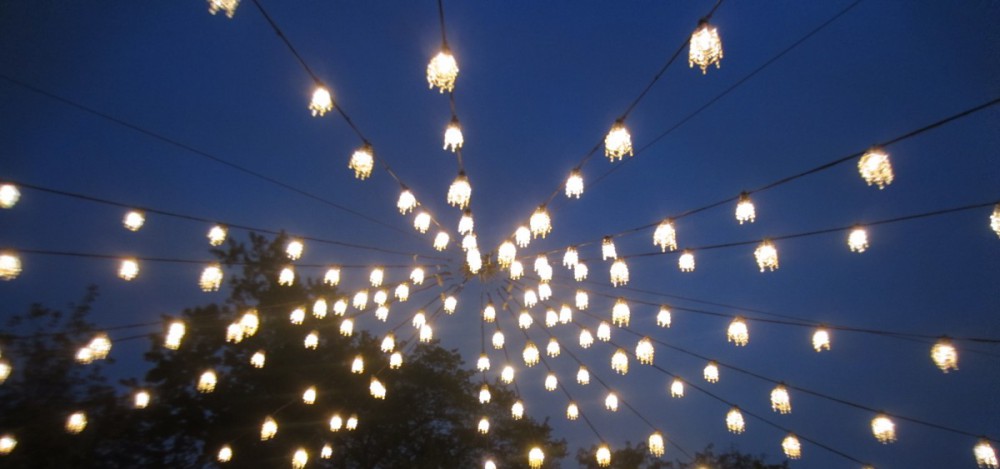
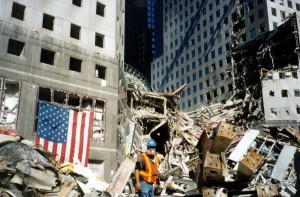
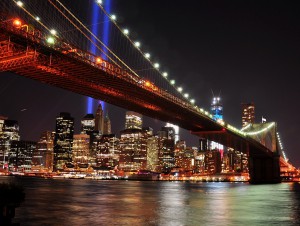

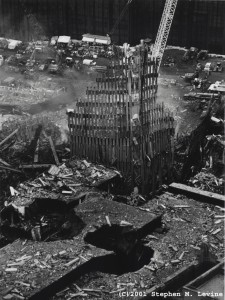

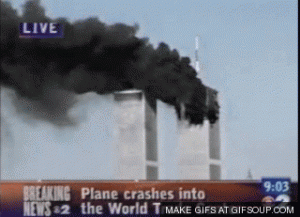 terrifying. But I was sure it was real, I knew it was, and when my aunt had confirmation from family in New Jersey that it was in fact real I felt an echo of change. For days the local channel only broadcast the latest news and updates. I was too young to know its importance and why this was such a big deal but I felt saddened by the images that were flooded on my television. The stories of loss were horrific and those who were lucky enough to find their loved ones gave everyone watching hope. September 11th, 2001 was the day we all changed, our lives changed, New York changed, the way the world saw a group of people changed, and the way we captured this event changed the way we would go onto change how we digitally collect and preserve tragedies.
terrifying. But I was sure it was real, I knew it was, and when my aunt had confirmation from family in New Jersey that it was in fact real I felt an echo of change. For days the local channel only broadcast the latest news and updates. I was too young to know its importance and why this was such a big deal but I felt saddened by the images that were flooded on my television. The stories of loss were horrific and those who were lucky enough to find their loved ones gave everyone watching hope. September 11th, 2001 was the day we all changed, our lives changed, New York changed, the way the world saw a group of people changed, and the way we captured this event changed the way we would go onto change how we digitally collect and preserve tragedies.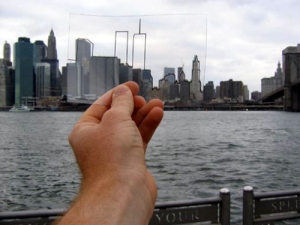 through the numerous photos, emails, art, audio, and video both personal and public seems in a way harmful. The constant reminder of such a painful event in my eyes does not help to heal those who were injured, those who mourn those they lost, or those whose interpretation of a certain group of people. When I look at this archive subjectively I can only feel the pain it resurfaces. Yes this was a monumental shift in the world and it changed many views but I think time changed and now instead of being reminded of that pain we should be looking not at what happened on that day but how far we have come since. Do not misconstrue my words, I am not saying we should forget what has happened but we should move forward more.
through the numerous photos, emails, art, audio, and video both personal and public seems in a way harmful. The constant reminder of such a painful event in my eyes does not help to heal those who were injured, those who mourn those they lost, or those whose interpretation of a certain group of people. When I look at this archive subjectively I can only feel the pain it resurfaces. Yes this was a monumental shift in the world and it changed many views but I think time changed and now instead of being reminded of that pain we should be looking not at what happened on that day but how far we have come since. Do not misconstrue my words, I am not saying we should forget what has happened but we should move forward more.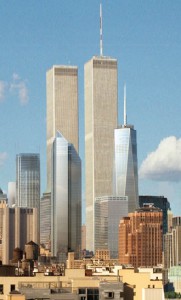 . The constant growth is what differentiates it from a static report. The input is not just of academic research but also from everyday people who have suffered or witnessed the events that took place on September 11th, 2001.
. The constant growth is what differentiates it from a static report. The input is not just of academic research but also from everyday people who have suffered or witnessed the events that took place on September 11th, 2001.

